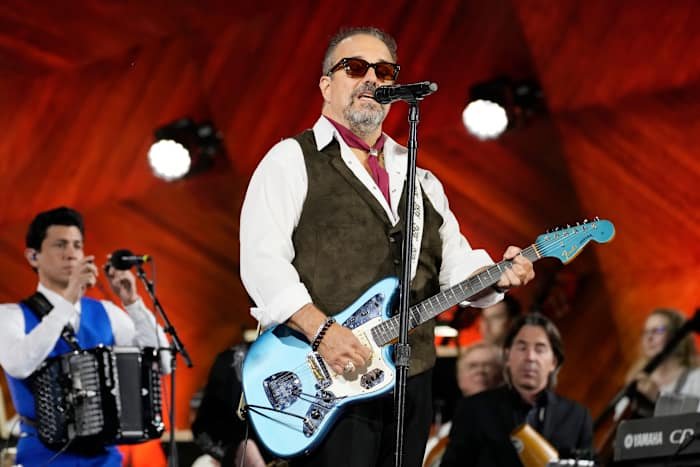Introduction
The COVID-19 pandemic has changed the world in profound ways, but its impact has also driven remarkable medical innovations. Among the most significant breakthroughs are the mRNA COVID-19 vaccines, such as Pfizer-BioNTech and Moderna, which have saved countless lives. Now, new research suggests that these vaccines may offer an unexpected benefit for certain cancer patients: they might help boost the immune system’s ability to fight tumors. For Orlando’s vibrant medical community and residents coping with cancer, this development could open new doors to hope and healing.
The Connection Between COVID-19 Vaccines and Cancer
Scientists have long been interested in how vaccines can stimulate the immune system. The primary role of COVID-19 vaccines is to train the body to recognize and fight the coronavirus. However, recent studies indicate that some patients with cancer, especially those with weakened immune systems, may experience a secondary benefit. The mRNA technology behind the vaccines appears to activate certain immune cells, potentially giving the body added strength to attack tumor cells.
This intriguing effect is currently being studied in hospitals and research centers across the country, including some right here in Orlando. With the city’s world-class cancer treatment facilities, such as the Orlando Health Cancer Institute and AdventHealth Cancer Institute, local patients could be among the first to benefit from these findings.
How the Immune Boost Works
Our immune system is designed to identify and eliminate threats, from viruses to abnormal cells like those found in tumors. Cancer often finds ways to evade or suppress this natural defense. The mRNA COVID-19 vaccines work by delivering a small piece of genetic code that instructs cells to make a harmless piece of the coronavirus spike protein, prompting the immune system to respond vigorously.
Researchers have observed that, in some cancer patients, this process also seems to revitalize immune cells such as T-cells and natural killer cells. These cells play a crucial role in detecting and destroying cancerous cells. In effect, the COVID-19 vaccine might act as a wake-up call for the immune system, enhancing its ability to target tumors. While more studies are needed, early results are promising, offering new hope for those undergoing cancer treatment in Orlando and beyond.
What This Means for Orlando Cancer Patients
Orlando is home to a diverse population, with many families touched by cancer each year. The city’s healthcare providers have been on the front lines of both the COVID-19 response and cancer care. For local patients, the possibility that a readily available vaccine could help battle cancer is significant. Not only does this offer a potential boost for those currently fighting the disease, but it could also influence future treatment approaches in area hospitals.
Doctors at local institutions are closely monitoring these developments. Some are already discussing the possibility of integrating COVID-19 vaccines into the overall care plans for specific cancer patients, especially those whose immune systems are most at risk. However, experts caution that this is not a substitute for standard cancer therapies, but rather a potential complement. Patients should always consult with their healthcare providers before making any changes to their treatment regimens.
Ongoing Research and What Comes Next
The connection between COVID-19 vaccination and improved cancer outcomes is still being explored. Clinical trials are underway to determine which types of cancer, and which patients, are most likely to benefit. Researchers are also investigating whether timing matters—should the vaccine be given alongside chemotherapy or after other treatments?
Orlando’s research community is poised to play a key role in answering these questions. Partnerships between local hospitals and universities mean that area patients may have early access to cutting-edge studies and therapies. In the coming months and years, we can expect more information about how COVID-19 vaccines might be harnessed as part of the fight against cancer, both in Orlando and across the globe.
Conclusion
The potential for COVID-19 vaccines to help cancer patients fight tumors is an exciting and hopeful development. For Orlando residents facing the dual challenges of cancer and pandemic recovery, this news highlights the importance of ongoing medical research and innovation. As we learn more, local health providers and patients alike will be watching closely to see how these findings can be translated into better outcomes for our community.
What are your thoughts on this emerging research? Do you or your family have experience with cancer treatment during the pandemic? Let us know your perspective in the comments below!
















